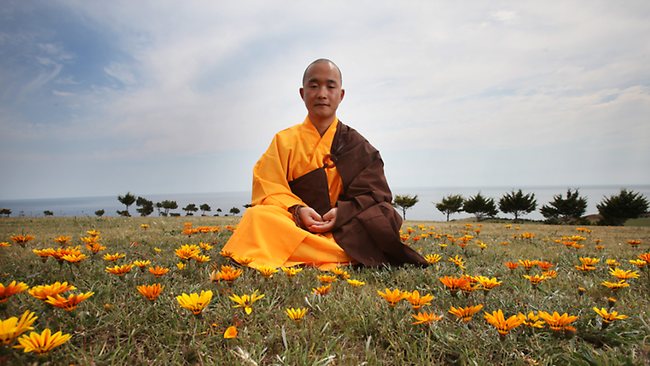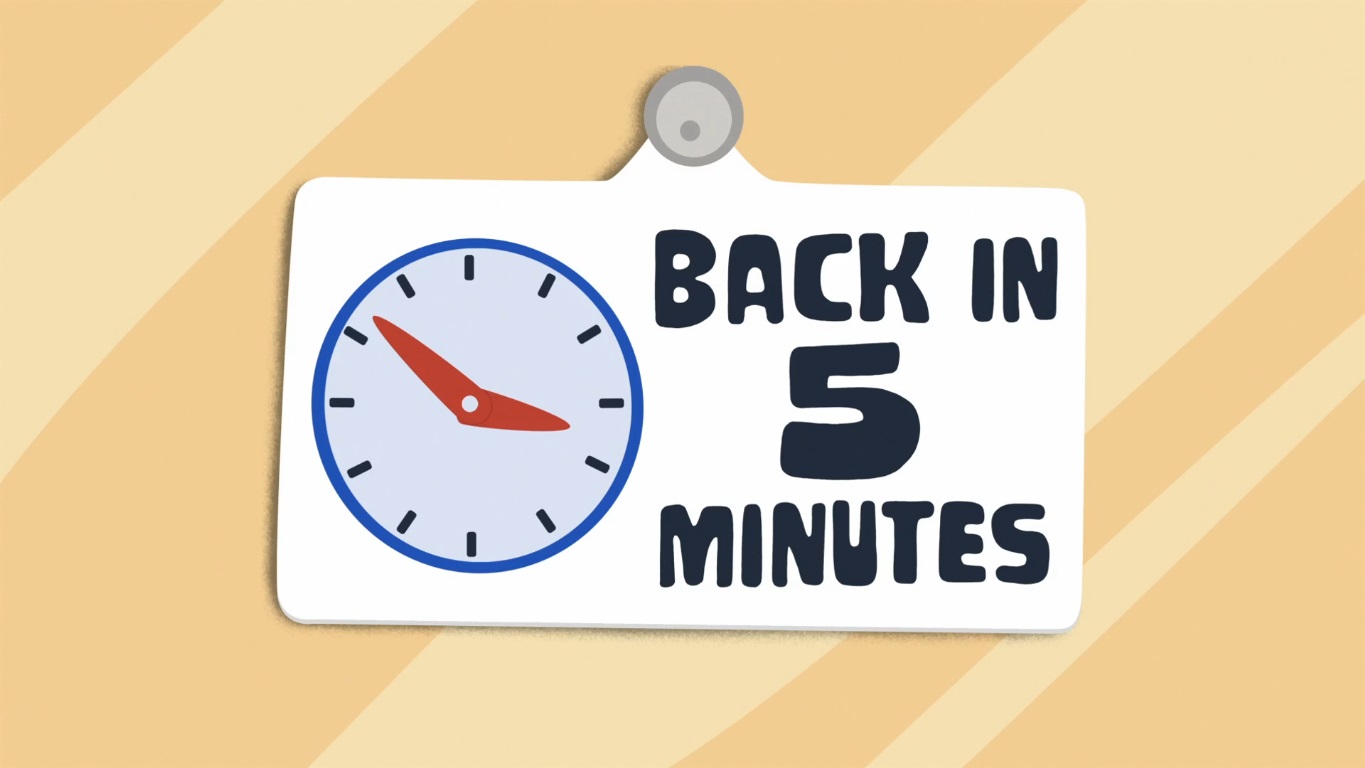If one could pile up all humanity’s sincerest intentions to finally start meditating, that person could build a meditation temple taller than any structure on Earth.
The hardest part of any habit isn’t the first step, but the second. Along the way, the process of maintaining any habit is also challenging, but most never take that critical first step or they take it without guidance.
Rest assured, the act of meditating appears a simple task, and in many ways it is simple, but it’s not easy.
It’s not meant to be only a moment of respite from the world, a moment to think in peace, but for many, that’s where it starts. That’s okay. It’s easier to course correct a bad habit than start a new one.
So how does one start? Many meditators spout garbage advice like, “start slowly,” or “focus on your breathing.”
The problem is those helpful folks fail to remember what it was like in the beginning or they started by jumping into the deep end of meditating, spending days on end in a mountaintop retreat at an impressionable age.
For those of us with jobs, mortgages, and college loans (ours or otherwise), there’s barely enough time to sleep let alone start a meditation practice.
If the mention of life’s challenges has your head spinning so much you’re skimming this text to get to the meat, stop. This is exactly what you will do to become a mediator, not a master meditator, but one who is on the path.
Employ Some Education
Read a book, download an app, or talk to a monk.
Seriously, it might surprise you to learn how close the nearest monk is to your home. Start with the Googles. They might not all care to wax-meditation with you, and not all monks keep a practice, but most can teach you what they know.
There’s also a great app for Android and iOS called Headspace. It’s free to download and try.
Don’t get too mired in the details at first, enough to get the gist of it. You will spend your life developing your understanding. This is only step number one.
Try to determine what kind of meditation you want to do. I recommend vipassanā, but it’s a wide world of meditation. Have an idea of what you’ll do when it comes time to sit quietly with your own mind.
Schedule Only 5 Minutes at First
Long ago, there was a first infant step taken by LeBron James. Today he is the top-ranked NBA player in the league. The man can practically fly compared to most humans, but once upon a time he couldn’t even stand.
If you have designs on diving into the deep end of your mind without a guide, you can expect to find a chasm of thoughts and emotions which will torment your mind worse than if you hadn’t bothered at all.
The metronome of meditation is your breathing. Keeping your thoughts on one object, breathing or otherwise, takes time to perfect.
There are those who learn quickly, but if you spend a decade meditating to feel like you’ve progressed, that’s normal too. Lest it frustrates or bore you, start with five minutes.
Let the quality of your focus determine when it’s time to increase the time you spend meditating. Consider scaling that time through frequency, not the length of your sessions.
Scale Your Sessions Right
Instead of scaling your practice by lengthening your daily sessions, consider how often you sit in silence every day. Don’t let temptation sway you after reading how your favorite celebrity spends an hour each day in deep meditation.
Never mind that noise. Your practice is yours.
Who knows what anyone else is doing during their silent, private meditation if they’re actually doing what they claim. Many people talk a good game about their practice like as if saying “I meditate” makes one virtuous.
Focus on your own practice more.
Rather than make one session longer, add a second session later in the day. A short second session will give you a chance to reflect on your day, and the intentions you set during your morning session.
That follow-up session will give your morning session a bookend, one you may notice yourself trying to create the next morning before you add evening sessions.
You may decide it make more sense to sit quietly three times a day for five minutes versus throwing your undeveloped mind at an hourlong session every morning.
The same way LeBron James is who he is because he keeps a daily basketball practice is the same way you are who you are through your practice(s).
Incidentally, James is also a practitioner of meditation. He’s known to take a minute on the bench during games, and he’s not alone. More and more professional athletes people use meditation.
Are you ready to stop thinking about what you’re going to do and start doing it now?







